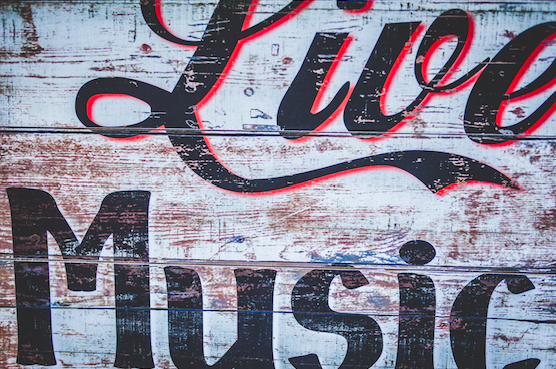
Main Photo by Clem Onojeghuo on Unsplash and others from GECA website and Guildhall Gold Medal Concert 2020
28 September 2020
One of the phrases that I hear, and that I use myself, in my still new, post-loss world, is “this life of after”. It’s a phrase that would do well to be used too in the COVID context. Instead we say, “After COVID…” or “When COVID is over…” And of course, some people are wiser and realise that most likely there will not be an “after”, or at least that the “after” will not equate to what the “before” was. Just like life after loss(es).
I don’t think I am being pessimistic in believing that COVID or COVID-type illnesses will be with us from here on out in some shape or form. And that our work is to figure out how to live in a somewhat/very/vastly different world. Just like life after loss(es).
Even if there is still an interminably deep well of hope that we/I can “return” to some form of normality or familiarity, where life looks and feels and smells somewhat like it used to. We humans are not just very good with disruption and devastation. At least when it’s not on our terms. Which death rarely is.
Death(s) and loss(es) have prepared me well for COVID-times. And inevitably I continue to hanker for fragments of my former life – any fragments – that allow me to feel a temporary sense of “normality” and “as before”.
Everything – literally everything – I cannot think of one thing that is excepted – gets blown apart with significant loss(es). Relationships, friendships, family, sleep, diet, fitness, health, character, work, money, holidays, activities, interests, books, conversations…. The entire fabric of one’s life is unwound, undone, torn, and a new fabric, should you want to create one, needs to be recreated breath by breath, moment by moment, day by day. Its shape, colours, feel, don’t resemble the old one in the slightest, and yet there might be the odd patch that feels familiar and comforting.
One of those such patches for me is “live music”. Either playing in live music ensembles, whether with my piano teacher, a decent amateur flautist, my very amateur saxophone group, or contributing to a live concert audience with ears and heart bursting out of my body at the excitement.
This past week has been rich in the extreme with two beautiful live music experiences in it – one a real proper concert in a real proper concert hall with a live, sort-of-spatially-distant audience, and another sat at my computer but watching what had been a live recording just a day before. High quality music, and lots of tears, in both.
Music – whether live or not – quite simply makes me cry. At the live concert last Thursday, with GECA – the Geneva Camerata, a chamber music orchestra I love for its innovativeness, creativity, professionalism, sense of fun, range, versatility, not to say its good looking and charming conductor, David Greilsammer, I was touched to not only be able to hear live music again, but to realise just how much having a live audience means to the musicians.
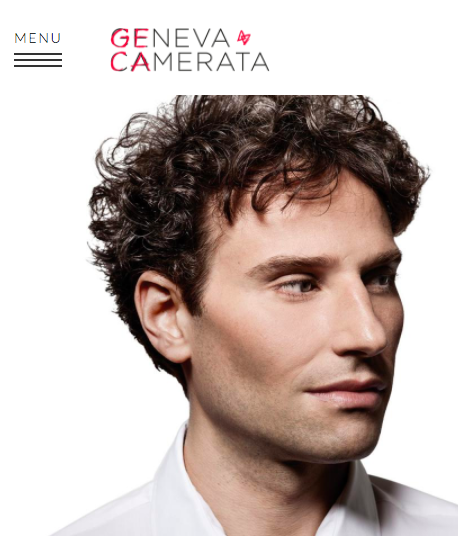
How hard it is for them to practise in isolation, even if there is brilliant technology to help to a degree. The musicians, perhaps forty of them, were glowing, gleaming, literally bubbling over with glee, as they took to the stage wearing masks and sat a little further apart than they might normally do. Watching them play was exquisite. Painfully beautiful. I yelped with uncontainable glee a number of times.
I was teary-eyed and quite sobby through most of it – both because of the music and because of the musicians’ demeanour. Because of the heart-felt welcome and thanks given. By the musicians’ evident gratitude, which was possibly greater than that of those of us in the audience.
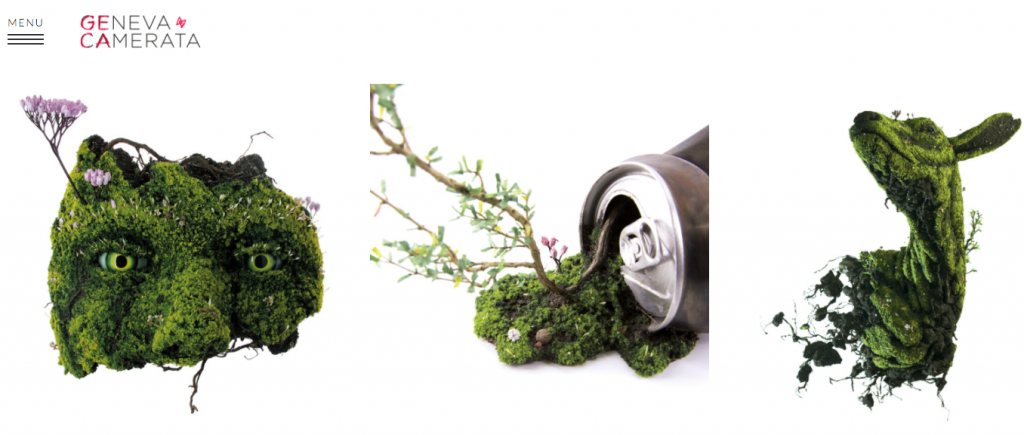
We were in a symbiotic relationship of giving and receiving that has never felt so equitable to me. Of course musicians rely on their audiences, but something about their immense talent has always made me feel that it’s more of a one-sided relationship with musicians giving and audience receiving. This time I felt there was giving and receiving on both sides. Receiving and giving. Musicians giving to the audience. And the audience giving to the musicians. More balance. It was moving to me to be part of giving and receiving that precious gift.
The second concert, which I have only watched one piece of, was the Guildhall School of Music’s Gold Medal Concert, an annual event that has been going since 1915. It’s run without fail for 105 years, through two World Wars, and as the presenter said, “we are not letting COVID get in the way”.
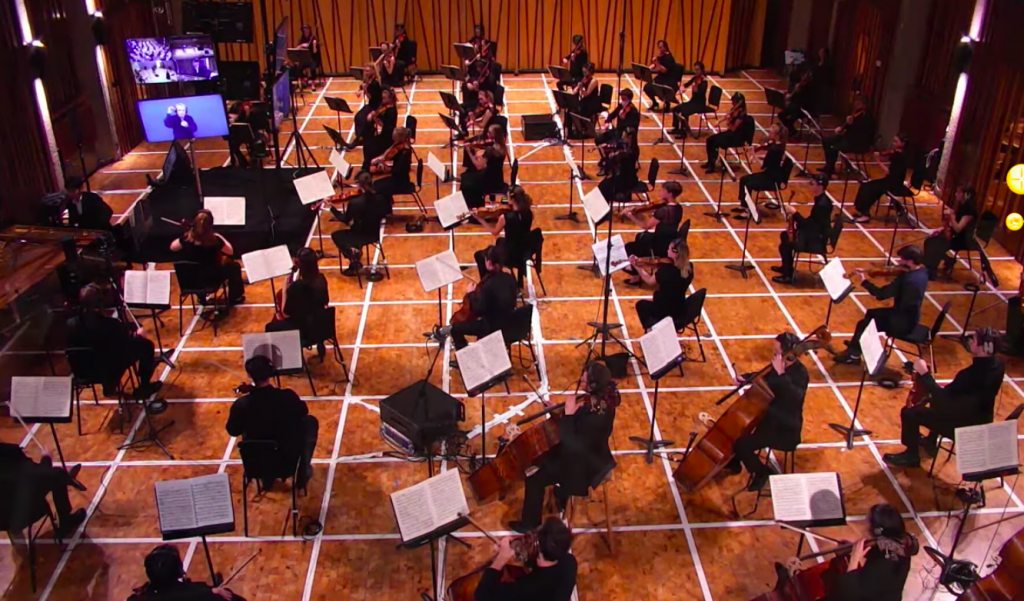
With immense creativity and determination, their “competition concert” went ahead this past Saturday night, with groups of musicians supporting the individual contenders for the prize. Megan’s friend Gemma, who is studying there, sent me the link saying, “The Guildhall school are the first conservatoire to be able to perform a live socially distanced orchestra and the event is streaming live from this link: https://www.gsmd.ac.uk/autumn_2020/gold_medal_2020/
I started to watch it last night and figured I would have it on in the background while I multi-tasked for another deadline. But I was mesmerised. Besotted. Bewitched. Within a matter of musical phrases, I was glued, scotchée as the French say, to my little laptop screen in my rather spartan Sardinian hotel. Tears flowing, throat constricted. Grateful that I could just collapse into the raw beauty, emotion, skill, memories and more that music affords me.
The first piece was a Rachmaninov Piano Concerto, performed by a young man originating from South Korea, that cannot fail but have me stop what I am doing. It feels disrespectful to do anything else other than watch and listen.
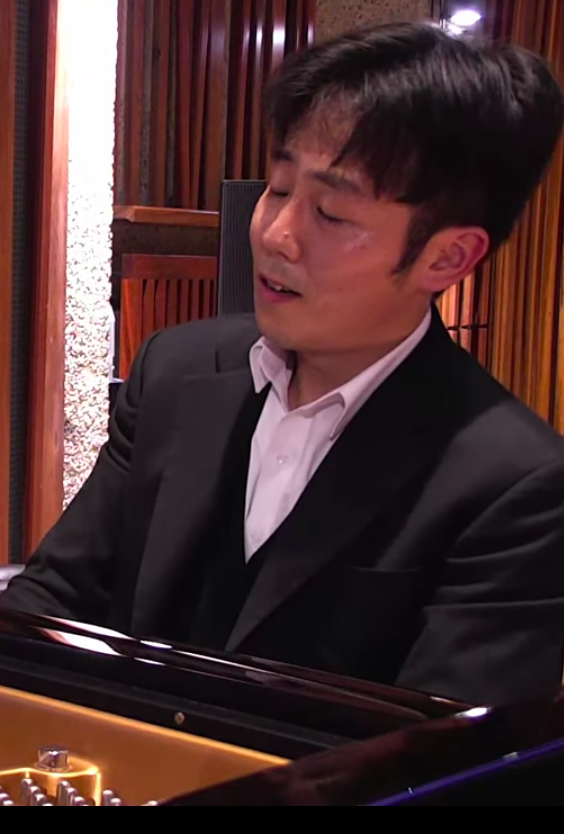
I remember decades ago my dad sitting in our lounge in Brussels, quietly listening to classical LPs. I’d marvel at his ability to sit still and apparently do nothing (I still marvel at that). But he said he could – indeed would – only sit and listen. That the music was too good, too important, to do anything else to. Unlike me who would work to music, read to music, and later drive to music. He could do none of those things. Still can’t. He has to just listen, whether it’s live, or just on vinyl/CD/Spotify/YouTube.
I am getting to that place too. Needing to just stop and be when music is playing. I too feel I need to just stop, witness, listen, cry and sob if that’s what comes, and be.
Much like being with Grief. Attending to Grief.
Stop all else. Witness. Listen. Cry. Sob.
And just Be.

